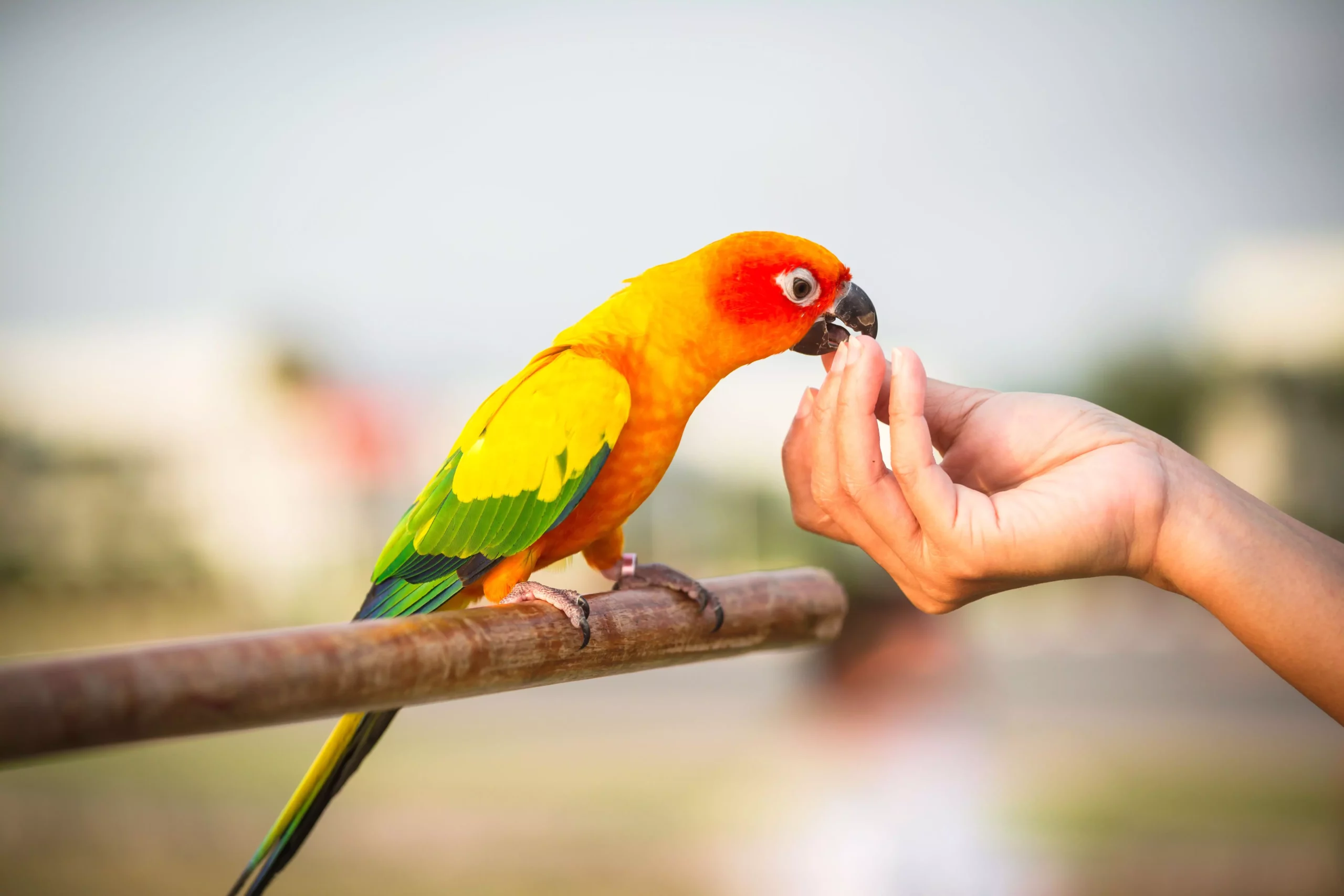In an age where wildlife conservation and ethical pet ownership gain increasing attention, the idea of keeping a wild bird as a pet raises significant concerns. While many may find the thought of having a wild bird at home enchanting, it is imperative to understand the legal ramifications, ethical implications, and practical challenges associated with this decision.
A critical factor in the discussion surrounding wild birds as pets is legality. In the United States, laws forbidding the captivity of native wild birds are strict and far-reaching. Engaging in this practice can lead to severe legal consequences, classified as a felony under various wildlife protection laws. It’s not merely the act of capturing a bird that is punishable; possessing any part of a wild native bird, including feathers and eggshells, is also illegal. These laws are designed to protect bird populations and their habitats, ensuring that wildlife remains wild, as nature intended.
Furthermore, laws can vary significantly by state, with some areas being even more stringent about wildlife conservation. Consequently, individuals must be well-informed about local regulations if they encounter a wild bird that appears to need help. In most cases, the responsible action is to report the situation to local wildlife agencies. These organizations possess the expertise and resources to appropriately manage the situation, ensuring the welfare of the bird while adhering to legal standards.
Beyond legality, the ethical implications of keeping a wild bird as a pet merit close examination. Wild birds are inherently adapted to their natural habitats, where they possess the survival skills honed over generations. Capturing and domesticating them can lead to significant psychological and physical stress. Most people can agree that removing an animal from its natural environment for the sake of personal enjoyment or companionship is not a humane action.
Most commonly kept pet birds, such as parrots, are bred in captivity and wear identification bands reflecting their status as domestically bred rather than captured from the wild. This not only ensures their adaptability to living with humans but raises the question of what it means to truly engage with a wild creature. The distinction between wild and domesticated birds is not just important for their welfare; it’s crucial to our understanding of wildlife conservation.
Moreover, the challenges of caring for a wild bird extend far beyond their needs for food and shelter. Avian veterinarians, specialists in bird healthcare, showcase their professional reservations about treating wild animals. The difficulty of finding a veterinarian willing to treat a wild bird cannot be overstated, especially for species that are protected by law. Health issues can arise unexpectedly, and the lack of accessible professional care could result in dire consequences for the animal.
While the general notion of keeping wild birds as pets is fraught with complications, falconry presents a unique exception within this realm. Unlike conventional pet ownership, falconry is a sport that involves specific practices and legal requirements. Only particular species, bred in captivity, are used for this ancient practice. Falconers must undergo extensive training, require significant commitments, and obtain necessary permits at both federal and state levels, which underline the distinct nature of falconry compared to casual pet ownership.
Aspiring falconers are introduced to the sport through mentorship by experienced professionals, further emphasizing the importance of ethical training and a commitment to wildlife conservation. Falconry, when executed responsibly, allows for a connection between humans and birds of prey, provided that both the legal framework and ethical standards are diligently observed.
The desire to keep wild birds as pets often results from a genuine appreciation for nature. However, the legal and ethical considerations surrounding this practice highlight the necessity for responsible wildlife interaction. Exploring alternative ways to engage with wild birds, such as birdwatching or supporting local conservation efforts, can foster a deep connection with nature without compromising ethical or legal standards. By respecting wildlife regulations and understanding the complexities involved in caring for wild birds, we can contribute positively to their conservation and ensure their continued presence in the natural world.

